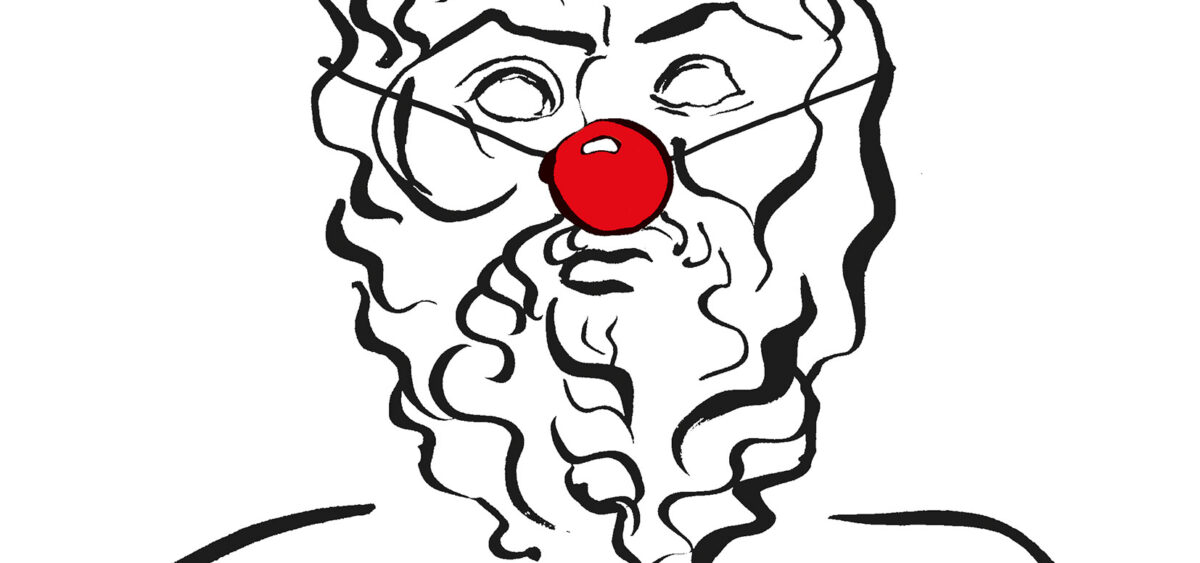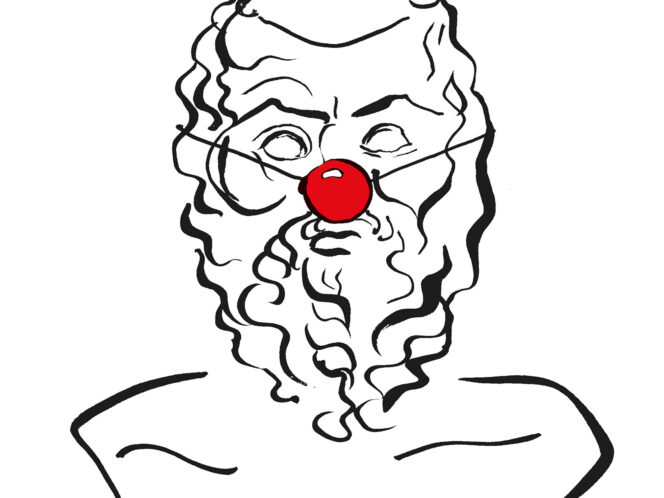
You and I are worried about our fragile nature, and we strive in various ways to achieve the resilience that’s essential for survival. Each and every one of us is united by the need to transform ourselves and to develop immunity to the dangers life inevitably brings.
While various famous philosophers were discussing rather abstract matters in the media, and various famous psychologists were busy talking about the results of the latest neuroscientific research, one rather self-assured fellow came up with a message that was an instant, though unlikely, hit.
How might we sum up that message in a single sentence? I think we’d say: “You must change your life!”
To do this, he offers twelve universal rules that will allow you to find peace, contentment, and a sense of meaning in life at last. For that is exactly what you’re missing most of all.
This fellow is Jordan Peterson, a Canadian psychologist, who has stormed his way into the literary elite, jealously occupied until now by a handful of the world’s most popular intellectuals. Stormed – let us add – in an entirely spontaneous and grass-roots way, without the support of any media organizations or academic institutions, but merely thanks to a rapidly rising number of spectators and readers (though considerably fewer of them are female), who have been clicking wholesale on all his online appearances and debates. Especially the ones where he uses his undoubted skills and oratory to ‘destroy’ his opponents. To confirm this, all you have to do is enter the by now perhaps anecdotal phrase ‘Jordan Peterson destroys’ into your browser.
True, confronted with an adversary of the calibre of Slavoj Žižek – their debate, recently published online, was an unprecedented commercial and public success – Peterson came across as bland, not very combative and not nearly as well factually prepared. Indeed, his outward realism and apolitical stance are just a disguise for conservatism that occasionally descends into outright misogyny. And true – Peterson is ultimately something like a slightly more than average motivational speaker, who summons






